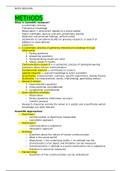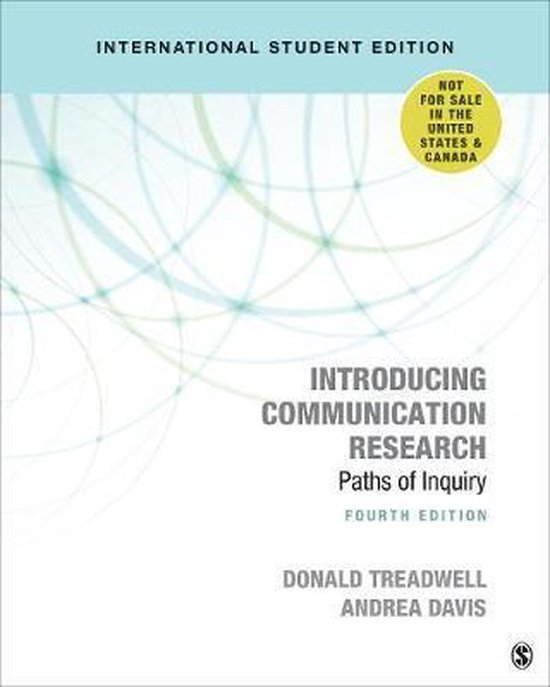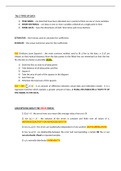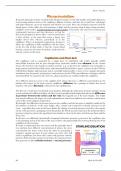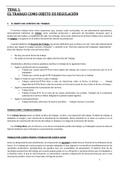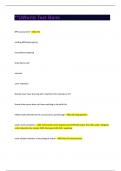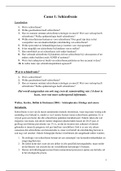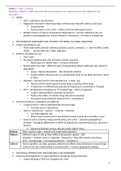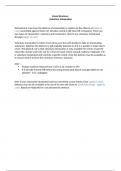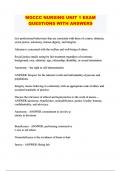Summary
Summary MCRS Revision Weeks 1-5
- Module
- Institution
- Book
These are an in-depth overview of the course material relevant to the 1st partial exam for MCRS, the document is halved into Methods and Statistics. (note that the SPSS commands are not included, but can be uploaded if asked)
[Show more]
